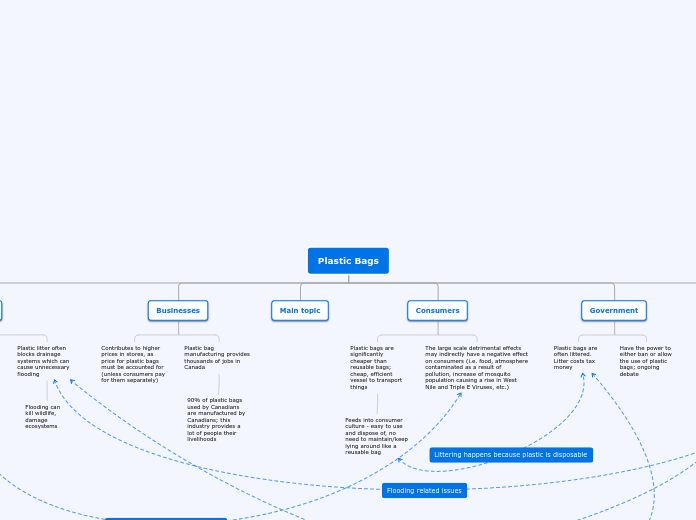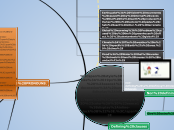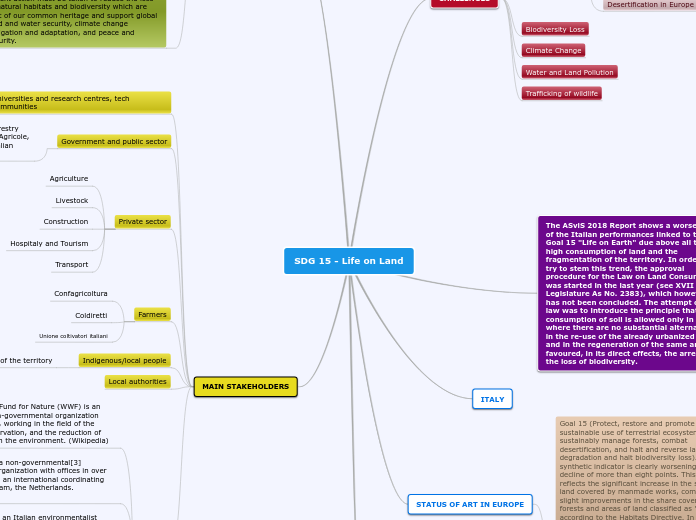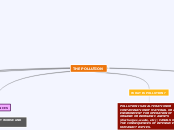por Reza Moazzam 5 anos atrás
934
Plastic Bags
The plastic bag manufacturing industry in Canada plays a significant role in the economy by providing numerous jobs and supporting many livelihoods. However, the environmental repercussions of plastic bags are severe and far-reaching.









